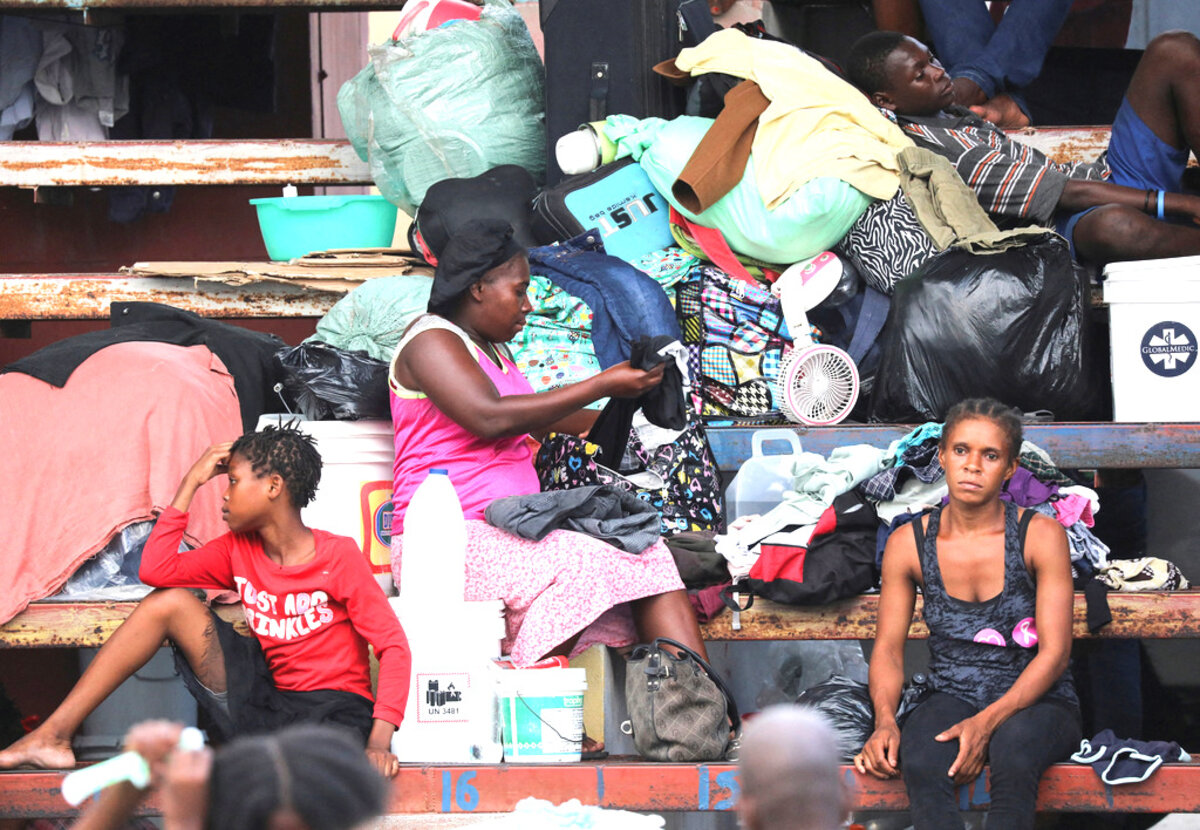A small group of conservatives engineered the removal of Speaker Kevin McCarthy, essentially saying he hasn’t been hard-line enough. The catch: In a divided Congress, getting anything done requires compromise.
Monitor Daily Podcast
- Follow us:
- Apple Podcasts
- Spotify
- RSS Feed
- Download
 Simon Montlake
Simon Montlake
A year ago, Sam Bankman-Fried was a cryptocurrency entrepreneur worth billions of dollars. His crypto exchange company, FTX, ran ads during the 2022 Super Bowl. Tom Brady promoted his brand.
This week Mr. Bankman-Fried goes on trial in a federal court in New York, facing seven criminal counts including fraud and money laundering. His company, based in Bermuda, collapsed last November, wiping out the assets of celebrities like Mr. Brady and those of ordinary investors. Mr. Bankman-Fried has pleaded not guilty to all the charges.
FTX was a for-profit company. But Mr. Bankman-Fried claimed that his goal was not to get rich but to maximize his philanthropic impact. That claim has since drawn a lot of criticism.
As an undergraduate student at the Massachusetts Institute of Technology, he was drawn to effective altruism, a social movement that takes a utilitarian approach to helping poor and vulnerable people at scale. He befriended William MacAskill, a philosopher at Oxford University and founder of the Center for Effective Altruism.
Mr. MacAskill and others posited that rich-world professionals shouldn’t work for nonprofit foundations. Instead, they could make a greater impact by going into high-paying careers like finance and giving away what they earn, while living modestly.
This is what Mr. Bankman-Fried says he did. Some of his early investors and employees were followers of effective altruism. But as his wealth grew, so did his influence. He donated to political candidates, mostly Democrats, and testified on Capitol Hill about crypto regulation. Then he came crashing down to earth.
Mr. Bankman-Fried’s trial will focus on whether he and his companies violated U.S. laws. But also it’s a reckoning for the social movement that he represented. Does it matter how fortunes are made if they yield vast philanthropic giving? His rise and fall suggest that how you act in the world also matters.











